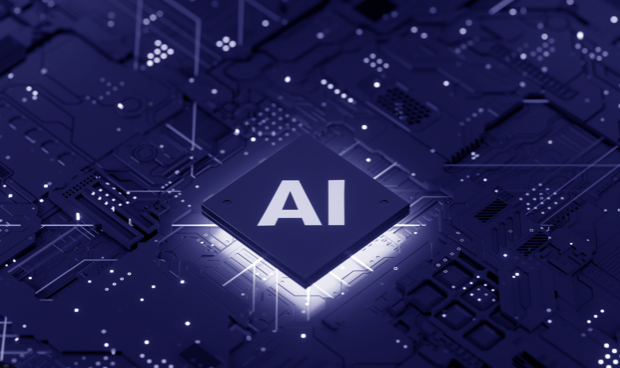
In our rapidly advancing digital age, artificial intelligence (AI) is a buzzword you’re likely to encounter frequently. It’s a fascinating concept that’s sweeping the tech industry and society at large. But what exactly is it? Today, we’re going to demystify AI for you, clearing up misconceptions, discussing some genuine risks, and revealing what the future could hold.
Artificial Intelligence: What’s in a Name?
AI, in its simplest form, is the ability of a machine or a computer program to think and learn. It’s about creating machines that can solve problems, make decisions, and even understand human language. The goal of AI is to mimic human intelligence—think of it like a digital brain. However, while AI can be incredibly powerful, it’s important to remember that it doesn’t possess human consciousness or emotions. It’s not about creating sentient robots, but rather, it’s about using algorithms and data to make machines smarter.
Dispelling AI Myths
There’s a lot of fear and confusion surrounding AI, mainly thanks to Hollywood! But rest assured, we’re a long way off from machines taking over the world. AI is not inherently evil, and it doesn’t desire to overthrow humanity. It’s simply a tool we’ve created to make our lives easier and more efficient.
The Internet Patrol is completely free, and reader-supported. Your tips via CashApp, Venmo, or Paypal are appreciated! Receipts will come from ISIPP.
That said, there are legitimate concerns about how AI can be misused. Privacy issues are a major concern, as AI can be used to gather and analyze huge amounts of personal data. There’s also the fear of job loss due to automation, as well as the potential for AI systems to be used in harmful ways, such as in autonomous weapons.
The Potential and Pitfalls of AI
The possibilities for AI are seemingly endless. AI can be used in healthcare to analyze medical images, in transport for self-driving cars, in entertainment for personalizing recommendations, and so much more. AI can even help tackle climate change by optimizing energy usage and modeling climate patterns.
However, it’s crucial to remember that while AI holds immense potential, it also requires careful oversight. As with any technology, it’s not about the tool itself, but how we choose to use it. AI can be beneficial or destructive, depending on human decisions.
The Future of AI: Exciting or Exhilarating?
As we look to the future, AI is set to become an even more integral part of our lives. We can expect AI to become more sophisticated, capable of understanding and responding to our needs in increasingly nuanced ways. But remember, AI is not about replacing humans; it’s about augmenting our capabilities and making our lives easier.
However, this future is not without its challenges. As AI becomes more prevalent, issues around privacy, security, and ethics will become increasingly important. We need to navigate these challenges wisely to ensure that AI benefits all of society.
AI is a powerful tool with the potential to transform our world. It’s not a force to be feared, but rather a resource to be harnessed for the betterment of mankind. The key lies in understanding its capabilities, recognizing its limitations, and using it responsibly. As we step into the future, let’s embrace AI with a sense of curiosity, responsibility, and optimism.
The Internet Patrol is completely free, and reader-supported. Your tips via CashApp, Venmo, or Paypal are appreciated! Receipts will come from ISIPP.









